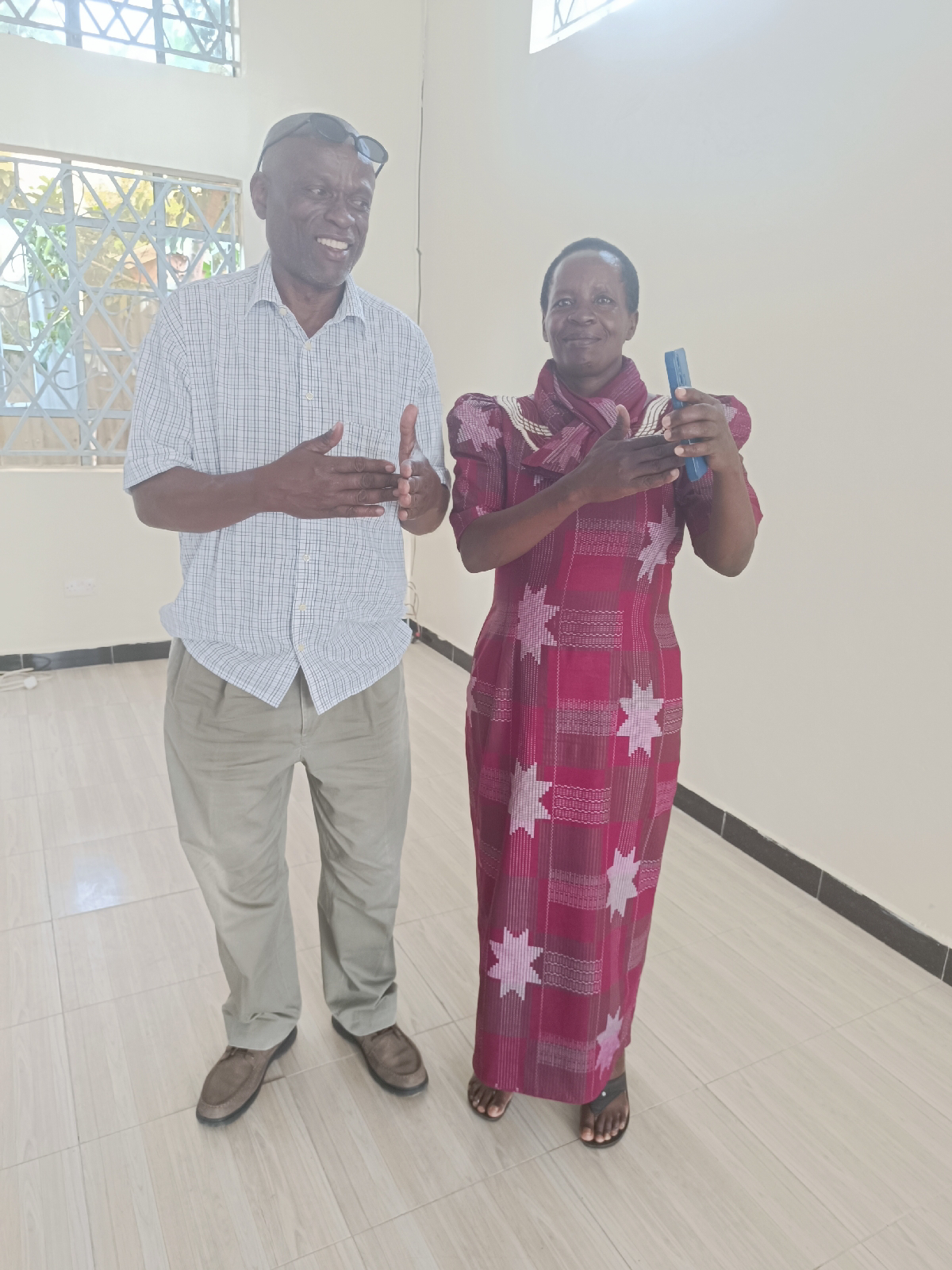Yesterday, the Network of TB Champions concluded a significant training program for 40 TB Champions from Kakamega, Vihiga, Kisii, and Nyamira Counties. This initiative, part of our CFCS Round 12 Grants, focused on Human Rights and Community-Led Monitoring in Kenya. The training underscores our commitment to equipping TB Champions with essential skills and knowledge to advocate effectively for TB patients' rights and establish robust community-led monitoring systems. This effort is a crucial step toward enhancing grassroots capacity and ensuring that TB patients' voices are heard and their rights protected.
We were privileged to have Dr. Timothy Malika, the Kisumu County TB Coordinator, grace our occasion, further emphasizing the importance of this training. The support from the Stop TB Partnership has been instrumental in making this training possible. Such grants are pivotal in the global fight against TB, enabling us to strengthen our efforts at the national and local levels.
Kenya, as one of the 30 high TB burden countries, faces significant challenges in combating tuberculosis. According to the latest data from the World Health Organization, Kenya reported approximately 139,000 TB cases in 2022. The high burden of TB in Kenya highlights the urgent need for comprehensive and coordinated efforts to address the epidemic. The training of TB Champions on human rights and community-led monitoring is a crucial component of this strategy, empowering community members to take an active role in TB prevention, care, and advocacy.
One standout example of the impact our TB Champions can have is Roseline Kemuma from Kisii County. Since 2011, Roseline has been a dedicated TB Champion. Last year, she successfully resolved a case initially highlighted on social media by one of our Champions. This successful conclusion not only reinforces our vigilance but also proves the effectiveness of the Network of TB Champions Kenya in the fight against TB. Her exemplary work demonstrates the profound impact of frontline TB workers, showcasing the power of vigilance and community advocacy in addressing TB-related issues. Roseline’s dedication and success serve as an inspiration to all of us, underscoring the importance of our work and the difference that empowered individuals can make in the fight against TB.
The grants from the Stop TB Partnership are not just financial aids; they are catalysts for change. They empower TB Champions, fortify community-led initiatives, and drive us closer to the global goal of eliminating TB. By focusing on human rights and community-led monitoring, we ensure that TB patients receive the care and support they need, and that their rights are protected throughout their treatment journey. This approach fosters a more inclusive and responsive health system, capable of addressing the unique challenges faced by TB patients in Kenya.
As we continue to train and support our TB Champions, we reaffirm our commitment to fighting TB at every level, from local communities to the global stage. The knowledge and skills imparted through this training program will enable our Champions to effectively monitor and advocate for TB patients’ rights, ensuring that no one is left behind in the fight against this devastating disease. Together, we can make a difference and move toward a TB-free world.
In conclusion, the Network of TB Champions Kenya remains dedicated to empowering individuals and communities to take an active role in TB prevention and care. Through continued support from partners like the Stop TB Partnership, we will continue to strengthen our efforts and work towards a future where TB is no longer a threat to public health. Let us draw inspiration from the remarkable work of Champions like Roseline Kemuma and continue to strive for excellence in our fight against TB.






